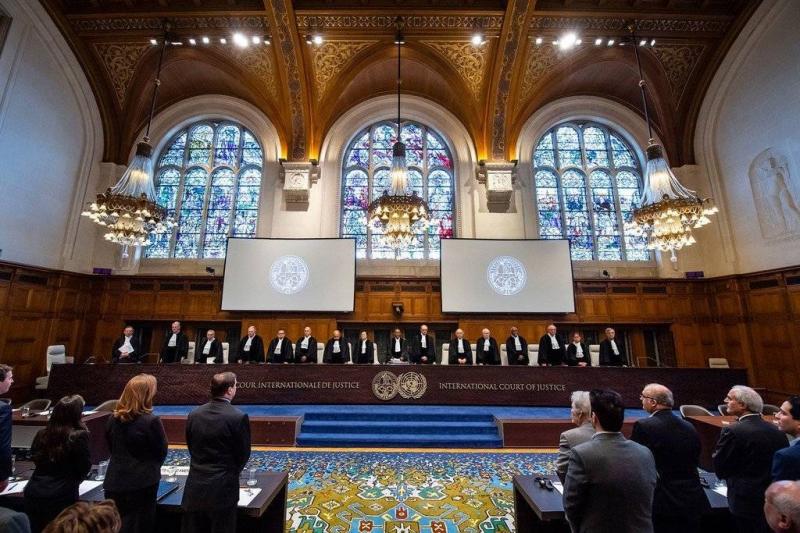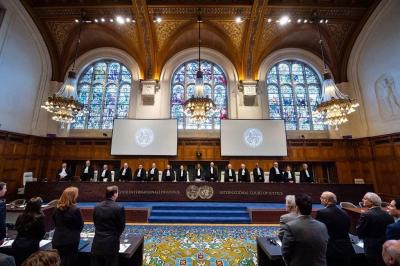Fifty-two countries are preparing to present their arguments before the International Court of Justice regarding the legal ramifications of the Israeli occupation of Palestinian territories. The hearings will take place over six days starting next Monday, following a request from the United Nations General Assembly in 2022 for the court to issue an advisory opinion concerning the occupation.
Israel has previously ignored such non-binding opinions, but these opinions may now increase the political pressures imposed on it due to its ongoing military operation in Gaza, which has resulted in the deaths of 28,775 people, mostly civilians. The hearings are part of a Palestinian campaign to push international law institutions, such as the International Court of Justice, to consider Israeli actions, which has become more urgent since the attacks by Hamas on October 7 and the subsequent Israeli military response in Gaza.
Omar Abdallah, a senior official in the Palestinian Foreign Ministry, told reporters at a press conference before the hearings, "From a political standpoint, this will help achieve a two-state solution. We are using the platform of the largest judicial body to advance our cause." This is the second time the UN General Assembly has requested the International Court of Justice to issue an advisory opinion regarding the occupied Palestinian territories.
In July 2004, the court concluded that the Israeli separation wall in the West Bank violates international law and must be dismantled, yet it remains in place to this day. Clive Baldwin, a senior legal advisor at Human Rights Watch, stated "For the first time, the International Court of Justice is preparing to broadly consider the legal consequences of the Israeli occupation, which has lasted nearly six decades, and the mistreatment of the Palestinian people."
He added, "Governments presenting their arguments to the court must seize this historic opportunity to highlight the serious violations committed by Israeli authorities against Palestinians, including crimes against humanity manifesting in apartheid and persecution."
These hearings come after the International Court looked into a genocide case brought by South Africa against Israel due to its violations in Gaza. The International Court of Justice indicated that the advisory opinion it will issue is not legally binding, but it will carry "significant legal weight and moral authority."
The court will listen to more than 50 countries, including the United States, Russia, China, South Africa, and three international organizations during the hearings. Israel has submitted a written statement to the court but did not request to participate in the sessions. Proceedings will begin on Monday with reports from Palestinian authorities.




